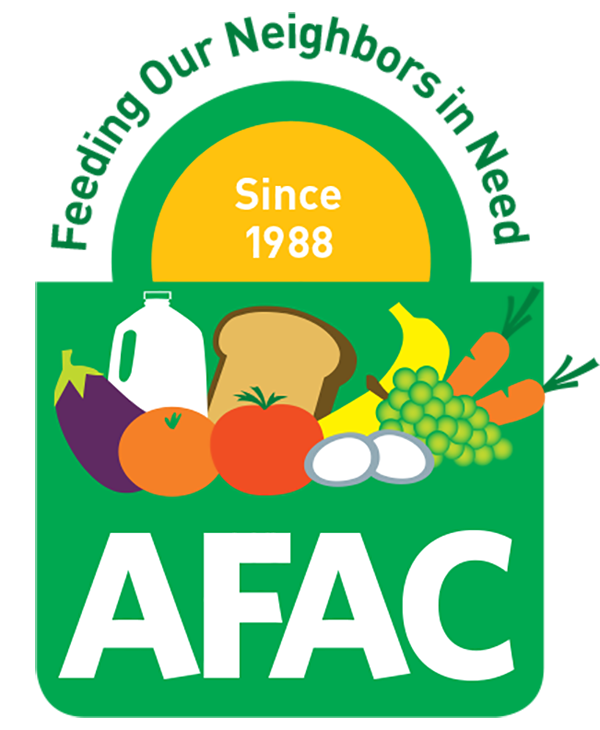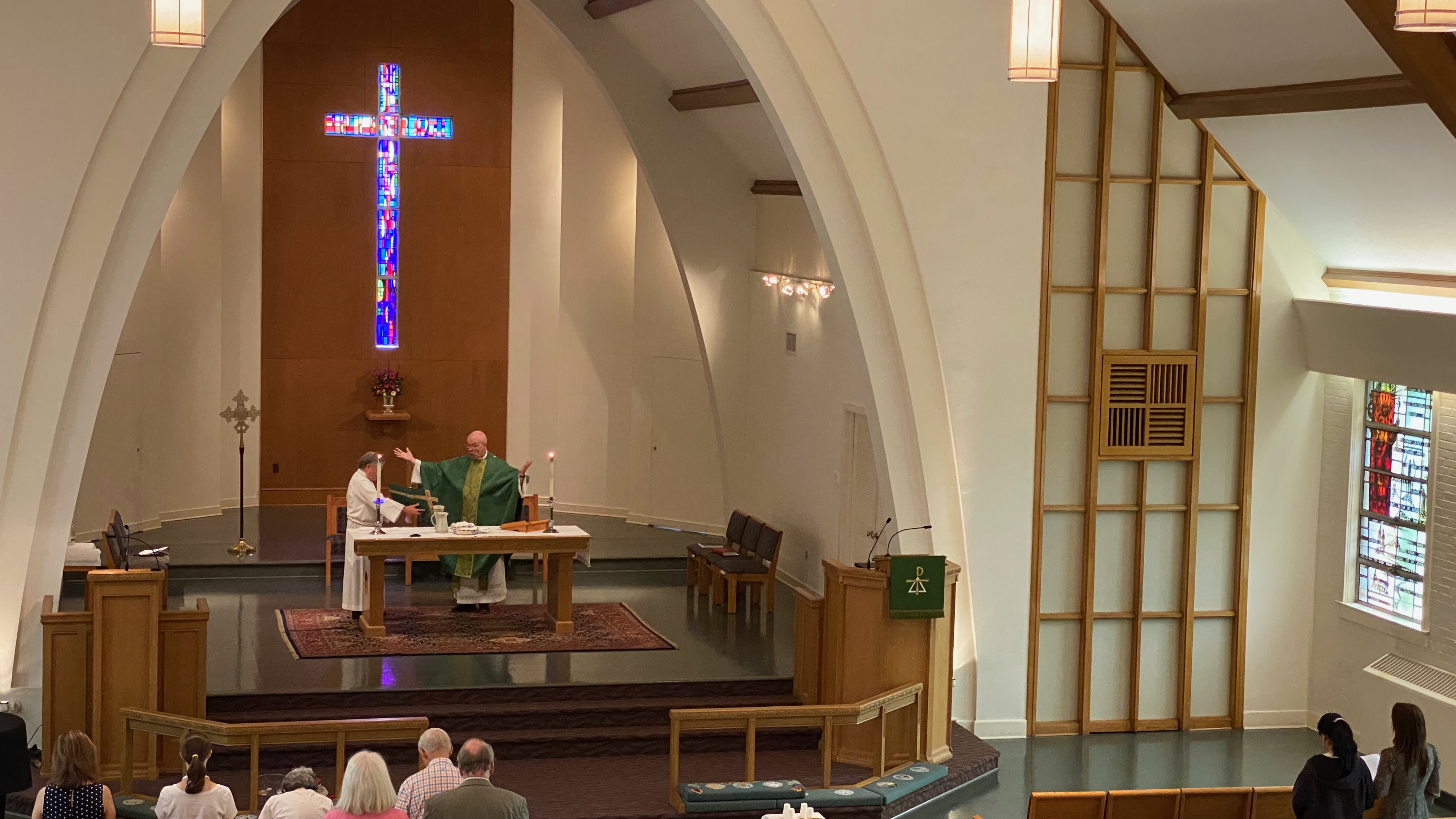Hymn of the Day: “Lord, Whose Love in Humble Service” ELW 712
Text: Albert F. Bayly, 1901-1984
Tune: BEACH SPRING, The Sacred Harp, Philadelphia, 1844
Albert F. Bayly wrote this text in response to a Hymn Society of America search for new hymns on social welfare. It was chosen as the theme hymn for the Second National Conference on the Churches and Social Welfare held in Cleveland, Ohio, October 23-27, 1961. The Hymn Society published the text in Seven New Social Welfare Hymns (1961).
The text begins with recognition of Christ's ultimate sacrifice on the cross and then points to the continuing needs of the homeless, the hungry, the prisoners, and the mourners. Bayly's words remind us of modern refugees, AIDS patients, and famine victims who are as close as our doorstep or who are brought to our attention via the news media. The final two stanzas encourage us to move from Sunday worship to weekday service; such integrity in the Christian life is truly a liturgy of sacrifice, pleasing to God.
Albert F. Bayly was born in Bexhill on Sea, Sussex, England. He received his education at London University (BA) and Mansfield College, Oxford. Bayly was a Congregationalist (later United Reformed Church) minister from the late 1920s until his death in 1984. His life and ministry spanned the Depression of the 1930s, the Second World War, and the years of reconstruction which followed. After retiring in 1971, he moved to Springfield, Chelmsford, and was active in the local United Reformed Church. He wrote several pageants on mission themes, and librettos for cantatas by W. L. Lloyd Webber.
Opening Voluntary: “Spirit of God, Descend Upon My Heart” Joe Utterback (1944)
This tune, “Moorecambe,” was written in 1870 by Frederick C. Atkinson. The jazz musician, Joe Utterback has published nearly 400 works for piano, choir and organ. He beautifully captures this serene hymn tune with his jazz-inspired harmonies.
Closing Voluntary: “St. Patrick’s Breastplate” Rebecca Groom te Velde
Saint Patrick's Breastplate, a prayer of protection also known as The Deer's Cry, The Lorica of Saint Patrick or Saint Patrick's Hymn, is a lorica. In the Christian monastic tradition, a lorica is a prayer recited for protection in which the petitioner invokes all the power of God as a safeguard against evil in its many forms. The Latin word lōrīca originally meant "armor" or "breastplate." Both meanings come together in the practice of placing verbal inscriptions on the shields or armorial trappings of knights, who might recite them before going into battle. The original Old Irish lyrics of this hymn were traditionally attributed to Saint Patrick during his Irish ministry in the 5th century. In 1889 it was adapted into the hymn I Bind Unto Myself Today.
Rebecca Groom Te Velde is a third-generation professional organist, following both parents and her grandfather. In 1991 she assumed her present position as organist of First Presbyterian Church in Stillwater, OK. She is an active performer, composer, clinician, and adjunct instructor of music at Oklahoma State University.
Offertory: “Unto Thee I Lift Up My Soul” Peter Cornelius (1824-1874)
In Britain to this day, Cornelius's best-known work is "The Three Kings", a song for voice and piano in which the soloist sings "Three Kings from Persian lands afar ...", while from the piano is heard the chorale tune of Philipp Nicolai, Wie schön leuchtet der Morgenstern ("How brightly shines the morning star") underneath. During his last few years in Berlin, Cornelius wrote music criticism for several major Berlin journals and entered into friendships with Joseph von Eichendorff, Paul Heyse and Hans von Bülow. Despite his long-standing association with Wagner and Franz Liszt (the latter on occasion sought Cornelius's advice when it came to matters of orchestration), Cornelius's relations with the so-called "New German School" of composition were sometimes rocky.
Unto Thee I lift up my soul, let no enemy rise over me.
Thou wilt lead me in Thy truth, Thou the God of my salvation.
Thou rememberest not my sins, nor rememberest my transgressions,
Lord, in mercy think on me, for I trust in Thee.
Unto Thee I lift up my soul, all Thy judgments are before me;
Let The mercy come to me, let Thy kindness be my comfort.
For the entrance of Thy words giveth light and understanding.
Plead my causes, deliver me, for I trust in Thee.
Unto Thee I lift up my soul, make Thy face to shine upon me.
Let the beauty of the Lord, let Thy beauty be upon me.
Let Thy work appear to me, and Thy glory to my children.
Stablish Thou my handiwork, for I trust in Thee.






